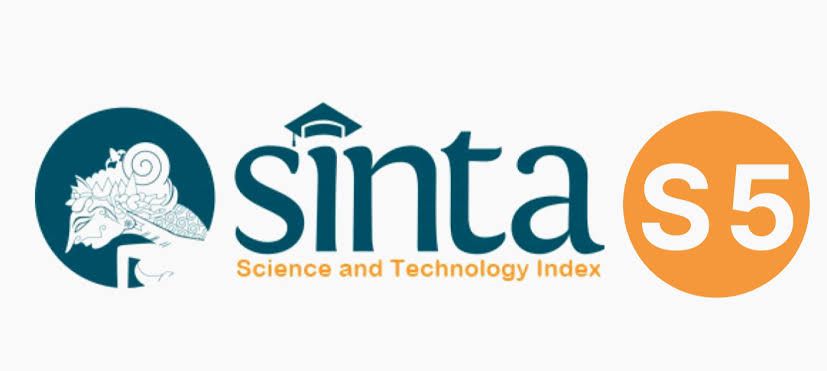Challenges of Spine Surgery in Obese Patients: A Case Report with a Review of the Literature
DOI:
https://doi.org/10.32734/aanhsj.v6i3.19136Keywords:
Obesity, spinal, treatment, case report, literature reviewAbstract
Introduction: Obese patients face unique challenges across all phases of spine care and surgery, including preoperative, intraoperative, and postoperative periods. Significantly higher risks are associated with spinal surgery in obese patients. This study explores the challenges of managing spinal conditions in obese patients and offers strategies to mitigate these risks.
Case report: A 56-year-old female with a BMI of 42 was referred for evaluation of chronic lower back pain and radicular leg pain. Imaging results were lumbar fusion for degenerative disc disease at the L4-5 and L5-S1 levels. During surgery, the patient required a prolonged operating time due to her increased soft tissue, which made visualization more difficult. The surgical team had to use longer instruments to navigate through the deeper tissue layers. Fluoroscopy was employed to ensure accurate placement of the fusion hardware. Postoperatively, the patient developed delayed wound healing, which required close monitoring and wound care interventions. She had significant reduction in back pain and improved mobility at her 6-month follow-up.
Conclusion: Obese patients present numerous challenges to spine surgeons, ie. elective and non-elective surgeries, anesthetic issues, operative challenges, post-operative issues, complications, and outcomes. To mitigate associated risks and optimize outcomes, specific precautions can be taken during the preoperative, intraoperative, and postoperative phases.
Downloads
Downloads
Published
How to Cite
Issue
Section
License

This work is licensed under a Creative Commons Attribution-ShareAlike 4.0 International License.
The Authors submitting a manuscript do understand that if the manuscript was accepted for publication, the copyright of the article shall be assigned to AANHS Journal.
The copyright encompasses exclusive rights to reproduce and deliver the article in all forms and media. The reproduction of any part of this journal, its storage in databases and its transmission by any form or media will be allowed only with a written permission from Asian Australasian Neuro and Health Science Journal (AANHSJ).
The Copyright Transfer Form can be downloaded here.
The Copyright form should be signed originally and sent to the Editorial Office in the form of original mail or scanned document.














